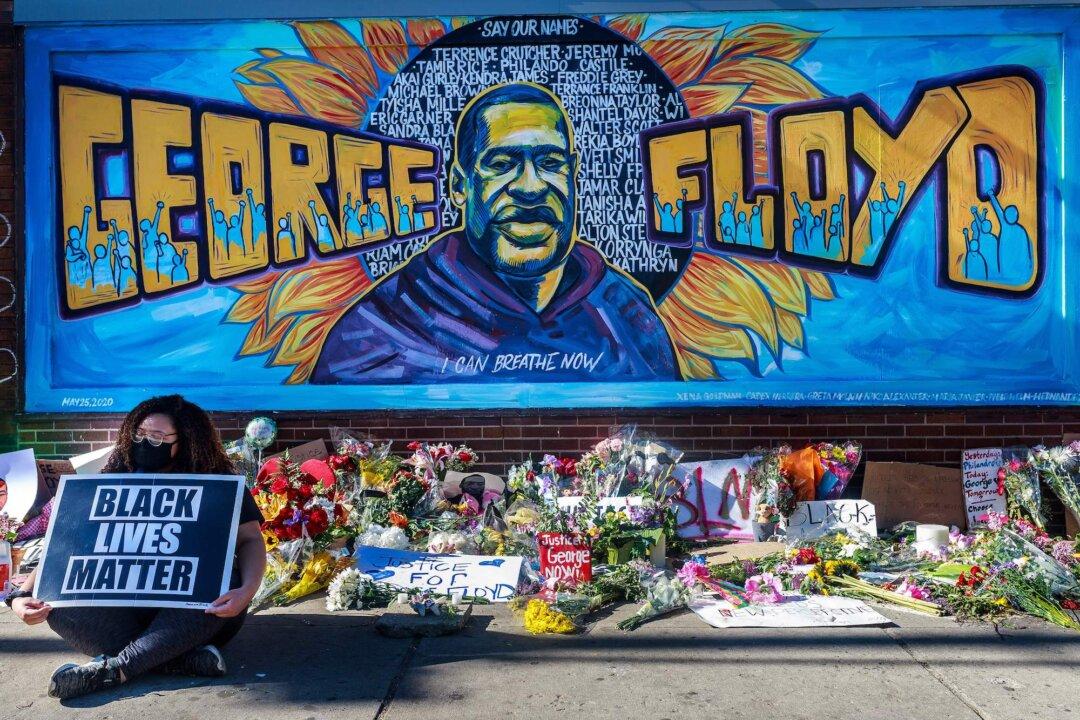The attorney representing George Floyd’s family said Monday he expects the defense team for the former Minneapolis police officer on trial in connection with Floyd’s death will to “try to assassinate” his character during the trial’s opening arguments.
Benjamin Crump, the civil rights attorney representing Floyd’s family, made the remark in multiple interviews on Monday, the first day of the trial in which the defendant, Derek Chauvin, stands accused of murder.





